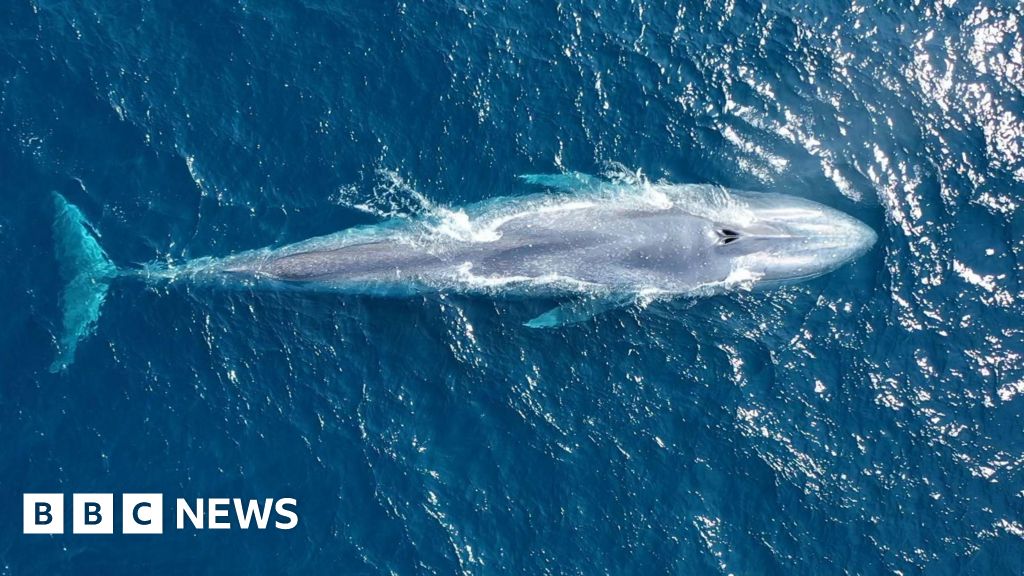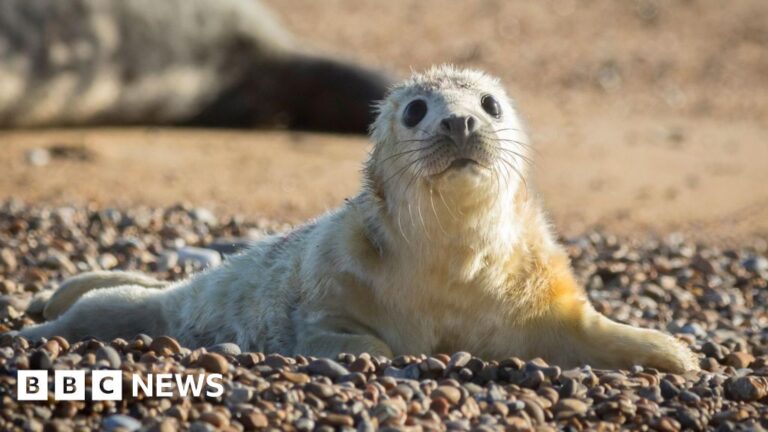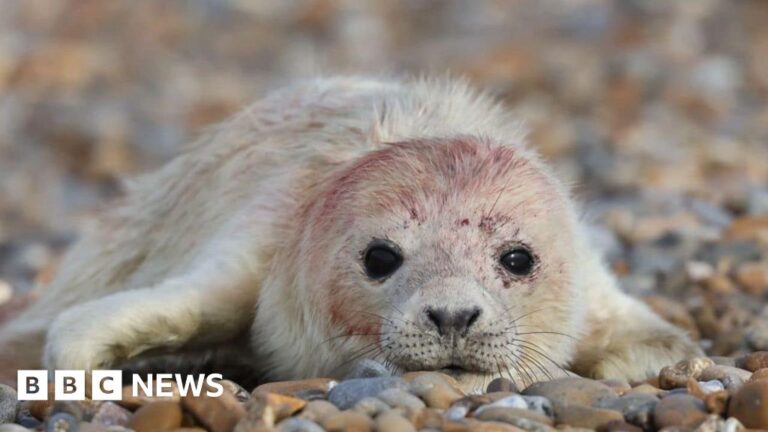Here is the plain text result:
For about two months each year, fisherman Faustino Mauloko da Cunha transforms his home along the South Pacific coast into a whale monitoring station. From the morning, villagers and student volunteers gather at the house in Subaun, a village in the north of Timor-Leste. Armed with binoculars and telephoto cameras, they watch the cobalt waters for one of its great treasures – pygmy blue whales.
When there is a sighting, it’s all systems go. Faustino’s son, Zacarias, dispatches a drone. Then the team’s leader, Australian marine ecologist Karen Edyvane, guides him to take the best photographs. When the drone returns, the team reviews the pictures, taking notes on a white board.
It’s a small and thrifty operation in Timor-Leste, which is part of an archipelago that lies between South East Asia and the South Pacific. But it has generated a wealth of information about pygmy blue whales – one of the largest animals on earth, whose vast habitats and elusive nature make them challenging to study.
These citizen researchers, all of them locals, have spotted nearly 3,000 pygmy blue whales over the past 10 years – Prof Edyvane considers that a “truly extraordinary” number.
Timor-Leste has one of the world’s highest concentrations of marine mammals. During the migration season – October and November – hundreds of pygmy blue whales pass through the country’s waters as they make the epic journey spanning thousands of kilometres from southern Australia into the Banda Sea that lies to the north of Timor-Leste.
But the area has been under-researched, says Prof Edyvane, who started the monitoring programme in 2014. During whale season over the past decade, she has based herself in Subaun, about 50km from the capital Dili, working with fishermen, students and dive tour operators to document the cetaceans.
They have documented “some of the lesser known, intimate reproductive behaviours of blue whales, some for the very first time,” says Prof Edyvane, who lectures at the Australian National University and Charles Darwin University.
The project started as a Facebook group, inviting local volunteers to spot and document the lives of pygmy blue whales. Prof Edyvane trained them on surveying methods and hired professionals to teach them how to use telephoto cameras and drones so that they could conduct aerial and boat surveys.
During this year’s whale season, undergraduates from the National University of East Timor gathered at the research station to help with the sightings. Even such a basic structure has made the task easier.
The increase in research activity in Subaun has also led to a rise in tourism. The demand for whale-watching tours has increased, diving instructor Cassio Schumacher tells the BBC, adding that these tours are “booked up years in advance”.
Local non-profits have warned of the risks of unregulated whale tourism and the government has said it intends to use Prof Edyvane’s research to “fully protect and conserve” the marine life that pass through Timor-Leste’s waters.
Prof Edyvane believes that with regulation, whale tourism has the potential to create jobs and grow Timor-Leste’s economy. The country is one of the poorest in the world, where average annual incomes in cities hover around $1,500, according to the International Monetary Fund. In Subaun, most villagers work as subsistence fishermen and farmers, earning just about $600 to $900 a year.
The da Cunha family has now started preparing meals from local produce and the day’s catch for the students and tourists – an additional source of income. “We enjoyed having the guests around and will love to do it again,” Faustino, 51, tells the BBC on a WhatsApp video call. “We will make it a better experience [next season].”
His son, Zacarias, has also been contracted to provide drone services for the project. Prof Edyvane says she plans to train him to give talks about whales in English. The 26-year-old says what he appreciates is that the visitors are learning to protect the area: “The university students learn fast and well to defend this area.”
Source link




